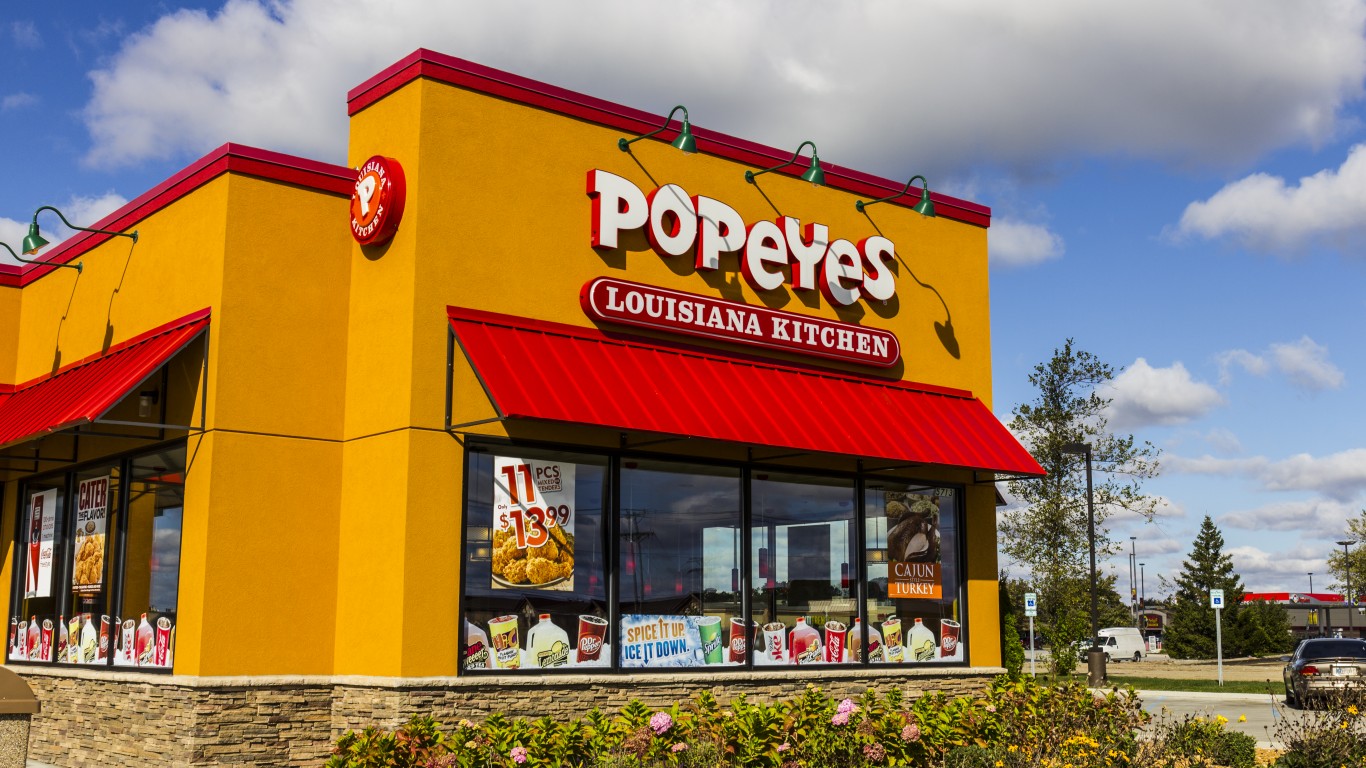 The conventional wisdom is that the surge in consumer spending that drove retail sales higher by nearly 4% over the holidays will end in the first quarter. These consumers again have taken on too much debt. They are concerned about the rise in joblessness that would accompany a new recession and a housing market that continues to fall. However, the consumer may not be dead again. This increase in spending activity may have just begun.
The conventional wisdom is that the surge in consumer spending that drove retail sales higher by nearly 4% over the holidays will end in the first quarter. These consumers again have taken on too much debt. They are concerned about the rise in joblessness that would accompany a new recession and a housing market that continues to fall. However, the consumer may not be dead again. This increase in spending activity may have just begun.
The evidence that the consumer may feel poor again is bolstered by Federal Reserve data that household wealth dropped 4% in the third quarter, down to $57.4 trillion. That is bad news on its face. Yet, it did not keep consumers away from stores, malls and e-c0mmerce sites. Consumers may have saved just enough over the course of the recession to have stockpiled some cash.
One offset to consumer fears is that the economy gained momentum as 2011 passed. It has begun to add jobs for the first time in three years. Home owners may have come to terms with the fact that their houses will no longer be a source of equity. The stock market did not rise much, but it also did not falter in the face of worries that 2012 will be a period of poor earnings.
Consumers also expect tax cuts and unemployment benefits to be extended well into next year, even though Congress and the White House have only agreed on a two-month extension. It is an election year. Tax reductions are popular. Neither party wants to seem miserly. Gestures toward help for the middle class run against moves toward a new government austerity, but austerity appears to be trapped in the gridlock of Washington.
The “replacement” factor is also in force. Many analysts believe this is at the core of successful auto sales. The average car bought new is now 5.5 years old. Americans have never held vehicles that long, at least as far as historic data shows. The same trend is likely to be true with other expensive goods Americans hold and other key expenses they have delayed. Those include a need for appliances and home repairs. Spending on essential items cannot be put off for years and years.
The consumer may surprise many economists. If so, GDP could be at the high end of most estimates for 2012.
Douglas A. McIntyre
Take This Retirement Quiz To Get Matched With A Financial Advisor (Sponsored)
Take the quiz below to get matched with a financial advisor today.
Each advisor has been vetted by SmartAsset and is held to a fiduciary standard to act in your best interests.
Here’s how it works:
1. Answer SmartAsset advisor match quiz
2. Review your pre-screened matches at your leisure. Check out the
advisors’ profiles.
3. Speak with advisors at no cost to you. Have an introductory call on the phone or introduction in person and choose whom to work with in the future
Take the retirement quiz right here.
Thank you for reading! Have some feedback for us?
Contact the 24/7 Wall St. editorial team.



